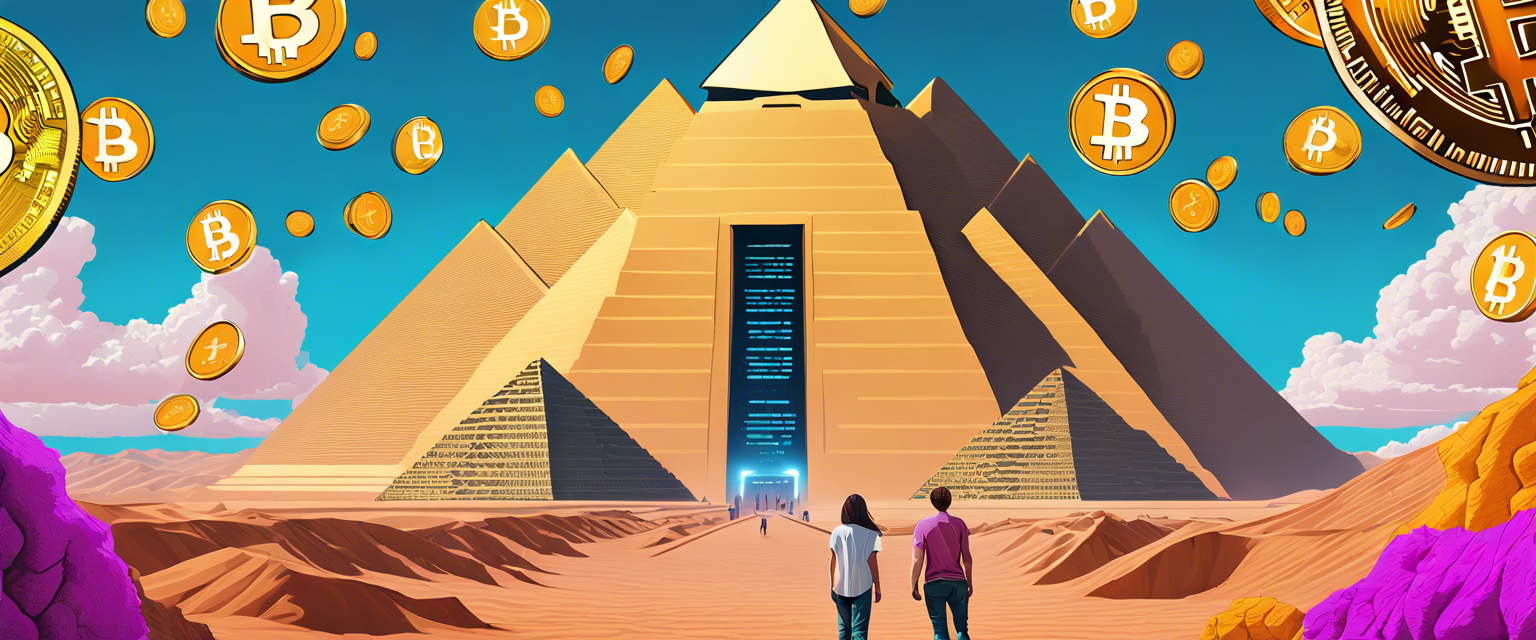Exploring the Decentralized Science (DeSci) Movement
The decentralized science (DeSci) movement is rapidly gaining traction among individuals who believe that the traditional scientific publishing system is overly centralized and fails to adequately incentivize researchers. A prominent advocate of this movement is Charles Hoskinson, co-founder of the Cardano blockchain. Hoskinson has openly criticized the conventional scientific publishing framework, labeling it as 'terribly broken.' He believes that blockchain-based DeSci can effectively address these systemic issues, particularly concerning the peer review process.
Understanding the Peer Review Process
Peer review serves as a fundamental component of scientific research, where qualified professionals evaluate the work of their colleagues to ensure the accuracy and integrity of published studies. Ideally, this mechanism helps to identify and rectify mistakes, miscalculations, and errors before research findings are disseminated to the broader community. Nevertheless, critics argue that the peer review system is fraught with flaws, suggesting it can be manipulated and raising concerns about the qualifications necessary to be considered a 'peer.' Moreover, questions arise regarding whether the review process is fair and diverse enough to encapsulate the full spectrum of scientific inquiry.
The Rise of Pre-prints in Scientific Publishing
In response to the challenges presented by the traditional peer review system, many researchers advocate for the publication of research as 'pre-prints.' This approach allows scientists to share their findings with the public prior to undergoing the often costly and sometimes biased peer review process. However, while pre-prints enable more rapid dissemination of research, they do harbor concerns regarding the validity of claims made, as the information shared in pre-print formats may remain unverified.
The DeSci Paradigm Shift
The DeSci movement seeks to tackle these prevalent challenges by developing a framework that incentivizes the involvement of qualified reviewers. In contrast to conventional for-profit scientific journals, which centralize assets and exert control over the publishing process, DeSci operates through a decentralized autonomous organization (DAO). This innovative model governs the group's protocols and financial resources, positing that a decentralized publishing ecosystem will better recognize and reward the contributions of both researchers and peer reviewers alike.
Leveraging Blockchain Technology for Scientific Advancement
By harnessing blockchain technology, the DeSci initiative aspires to create a more transparent, equitable, and efficient scientific publishing system. This transformation has the potential to revolutionize the landscape of scientific research, ensuring that significant contributions are duly acknowledged and compensated.
Conclusion: The Future of Scientific Publishing
The ongoing evolution of the DeSci movement signals a critical turning point in how scientific research may be conducted and disseminated in the future. With advocates like Charles Hoskinson at the forefront, the movement holds promise to reshape the existing paradigms of scientific publishing, ultimately fostering a more inclusive and rewarding environment for researchers worldwide.



Leave a comment
All comments are moderated before being published.
Trang web này được bảo vệ bằng hCaptcha. Ngoài ra, cũng áp dụng Chính sách quyền riêng tư và Điều khoản dịch vụ của hCaptcha.